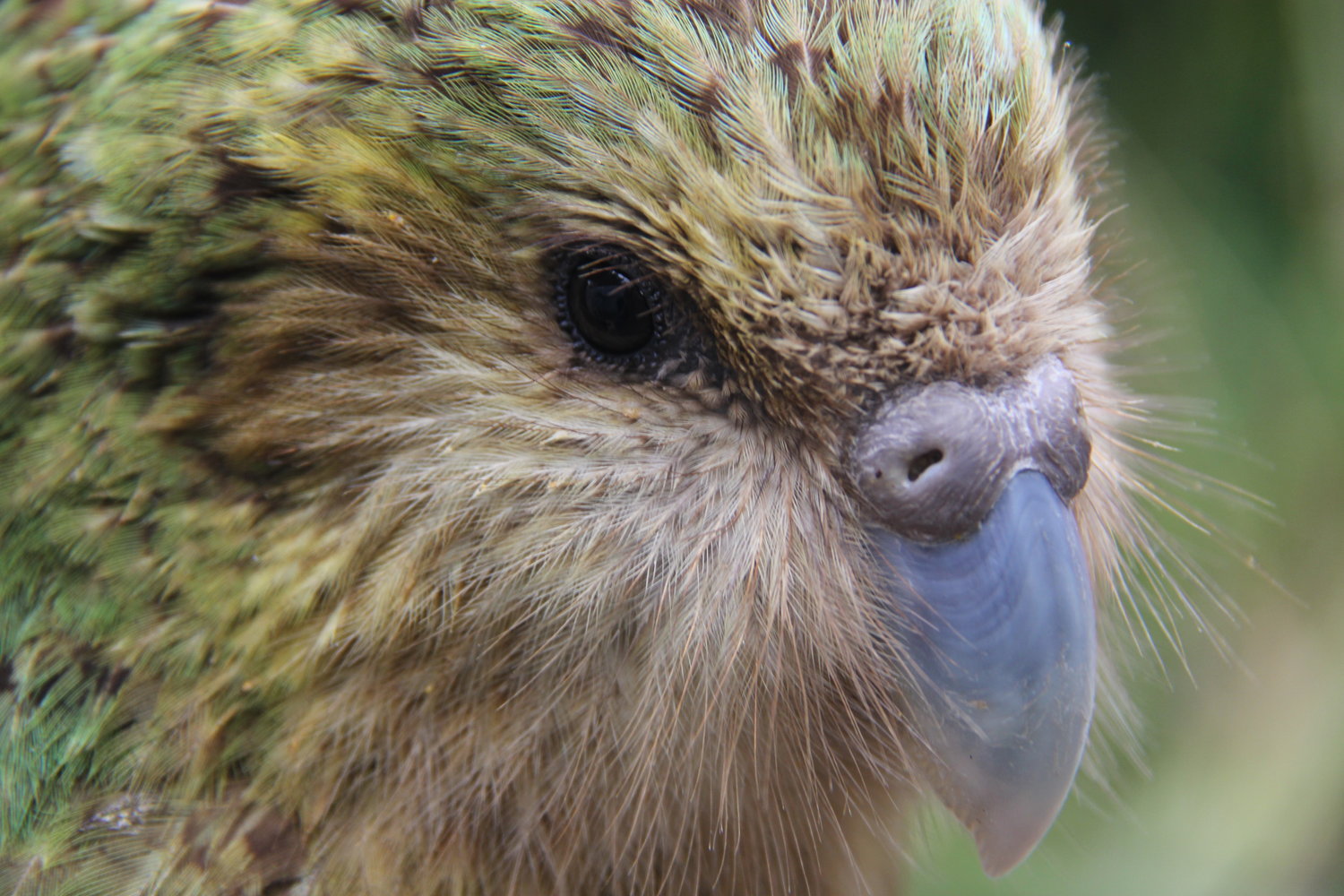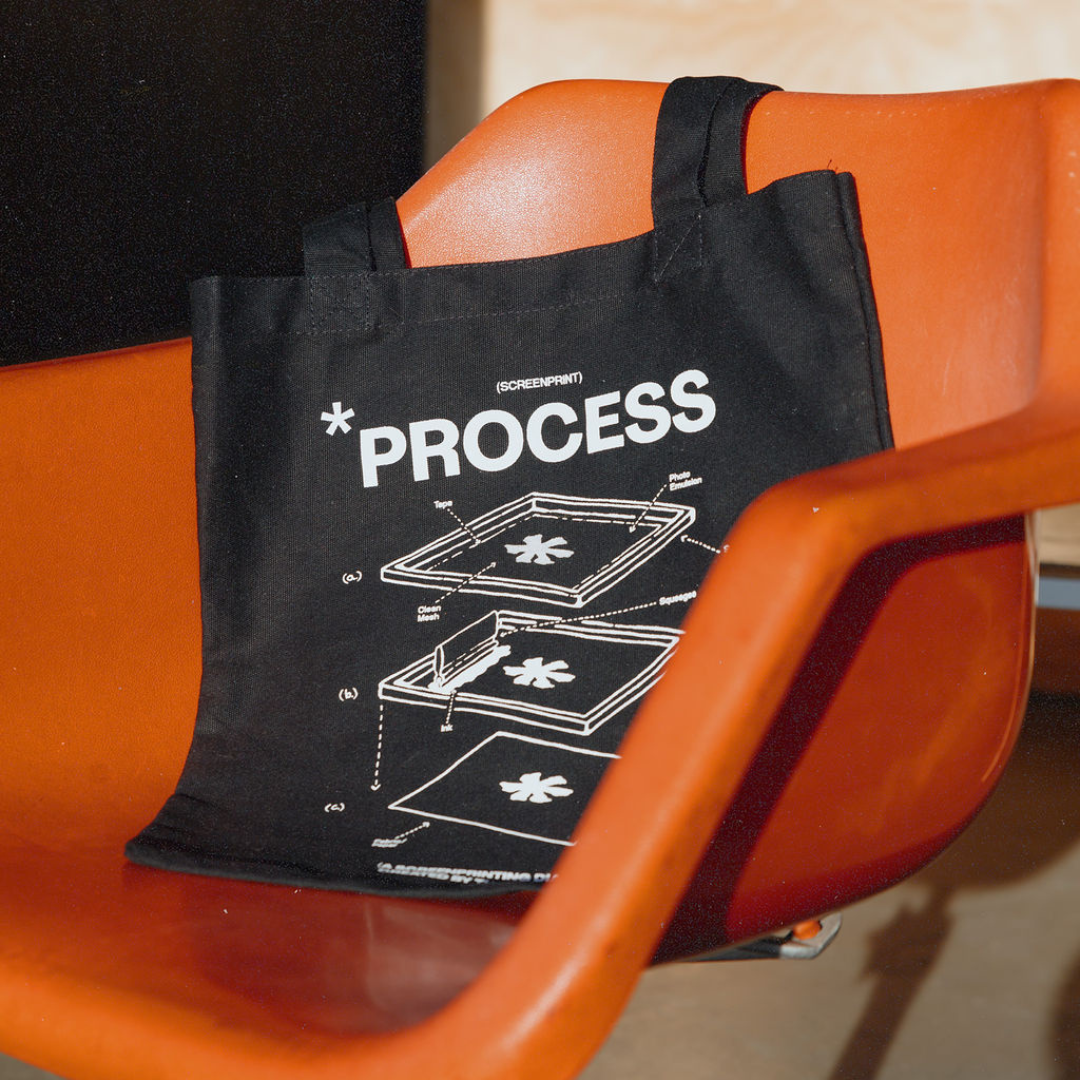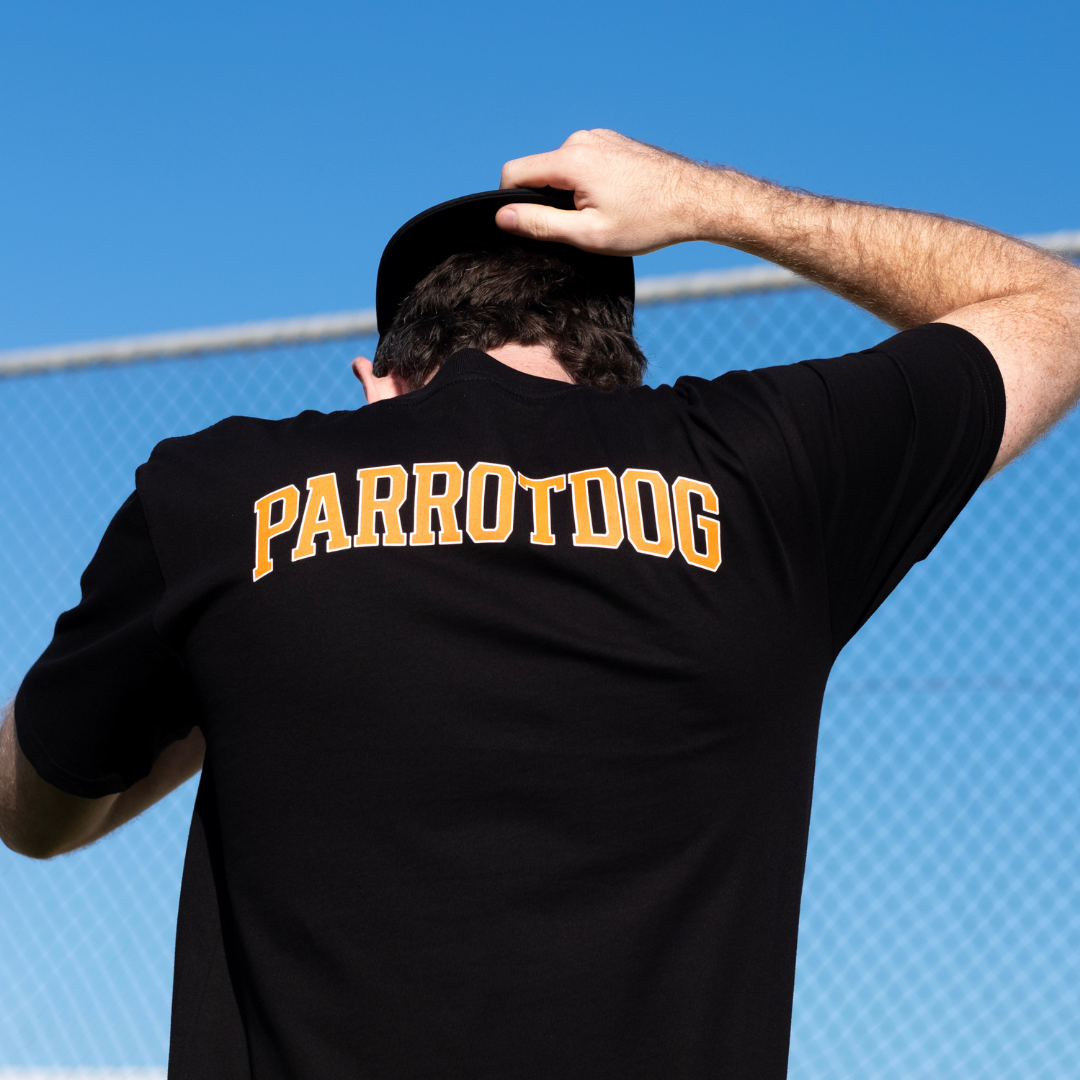
Q&A with Dunedin Wildlife Hospital

In a nutshell, what is The Wildlife Hospital and how did it come to be?
The Wildlife Hospital (or Dunedin Wildlife Hospital - we answer to both!) is a veterinary facility for native NZ species. Before we opened, most endangered species on the south of the South Island were being sent to the North Island for treatment. Sometimes local vets were recruited to help with simple cases that didn't require hospitalisation, but the options were very limited. You can imagine that sending a sick or injured animal across the country on a plane wasn't ideal. Crucially, the logistics involved in transporting wildlife meant there was a delay in receiving treatment. Dr. Lisa Argilla, a wildlife vet who formerly worked at Wellington Zoo, noted that outcomes would be a lot better for wildlife - in particular hoiho/yellow-eyed penguins - if they didn't have to travel so far for care, and thus the idea for the Hospital began.
The native species that live and pass through Otepoti must be pretty glad to have you around, are there many other initiatives like The Wildlife Hospital (Dunedin) scattered around Aotearoa?
While we have Dunedin in our name, we certainly aren't limited to helping just Otepoti wildlife! Our patients come from approximately South Canterbury across to the West Coast, and south through Rakiura/Stewart Island. Our mates up at the South Island Wildlife Hospital manage patients from Christchurch and north/west from there, though we certainly do collaborate with one another on cases, so there's no hard boundary. The North Island has a few more options, including Wellington Zoo and Auckland Zoo, who both take wildlife cases alongside their zoo animals, and Wildbase at Massey University. It's a pretty elite crew right around the motu, and we're really proud to serve the southern South Island in good company.

Speaking of native species, can you give us an idea of what animals you might find getting treated through your practice?
We are well known for treating some very iconic native creatures. On a given day, you might find hoiho, kākāpō, kea, kākā, tūī, kererū, kakī and just about any other South Island species you can name, with a few exceptions. The overwhelming majority of our caseload is manu, but we also care for native reptiles like geckos and skinks. We've even had a tuatara come to us for care. Dunedin being home to most of the mainland's sea lion population, we certainly have treated a few sea lions, though generally this is done in the field as they are a bit larger than our average patient! Fur seals, too. It's pretty rare these days to add a new species to our list, though it does happen from time to time, which is always exciting for the vet team. We're still awaiting the day we treat a whio or a native bat.

As most of us aren't animal doctors, what are some things that we can do ourselves to co-exist with these species more harmoniously?
Thankfully, it's pretty simple to help keep wildlife safe from human-based harm. Here are a few of our top tips:
- Keep your dog on a lead in the bush or on the beach, or under close control. Don't let dogs run out of sight in the dunes at the beach - penguins moult there and shorebirds often nest just behind the beach. Pop your dog on a lead if you're within 20m of any protected wildlife.
- Keep your pet cats in at night, and pop a collar with a bell on them during the day.
- If you have a bird feeder, take a look to see if there are any sneaky hiding places for cats near it. Consider moving it to a more open space where birds can see predators approaching.
- Give them space! Don't encroach on wildlife on foot or in a vehicle.
- If you spot a sick or injured native animal, please ring DOC on 0800 DOC HOT. Take photos of the animal from a safe distance and make note of where you are so rangers can find the animal if it needs to be uplifted.

What does the future look like for The Wildlife Hospital?
As long as wildlife needs us, our goal is to keep going! It has been very challenging being a non-profit in a covid economy, so the Trust's focus is on finding new, creative and mutually beneficial funding partnerships to maintain a healthy balance sheet. We have some of Aotearoa's most talented wildlife veterinary professionals doing incredible work - our success rate is over 80% - and we will do whatever it takes to keep them here in the wildlife capital of New Zealand looking after our native critters.
Find out more about the The Wildlife Hospital here:
https://www.wildlifehospitaldunedin.org.nz/



